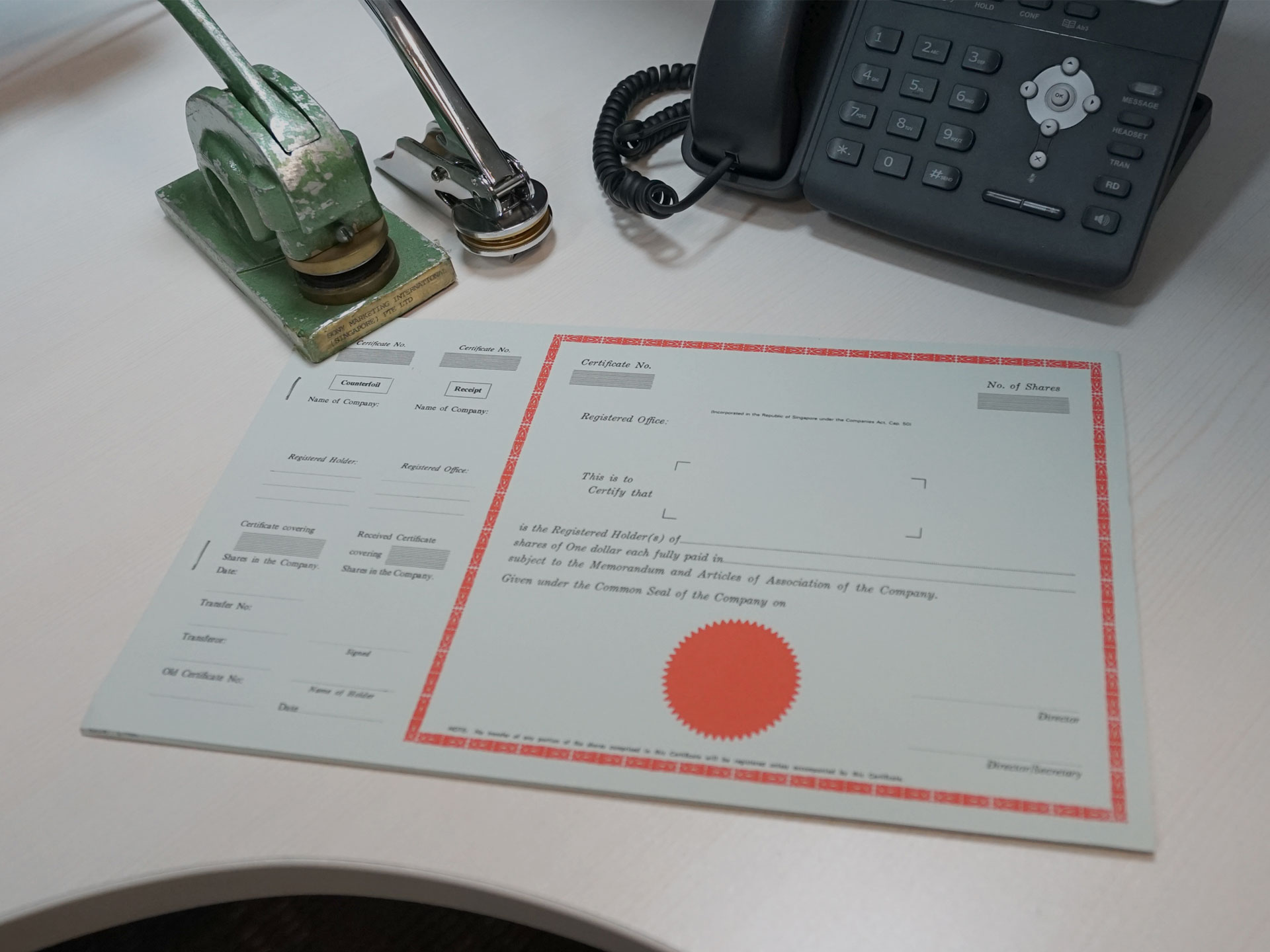Corporate Secretarial Services
Business processes form the core of an organization’s operations and determines the organization’s year on year cost and efficiency. To stay competitive and relevant, business processes must be efficient, effective, agile, and align to the organization’s mission, vision and strategic objectives. Process improvement is the key initiative that ensures organizations have the capacity and capability to create higher business value.
K H Teh Consulting Pte Ltd, helps our customers to improve the overall performance of the organization and address key business challenges. We review, analyze and streamline or re-engineer key business processes, and adopt a process-oriented view to help customers identify ways to improve key business processes through the use of IT.
Business Process & Corporate Secretarial Outsourcing
Business Process Outsourcing is the process of hiring another company to handle business activities for you so that you can be freed to focus on your main objectives.
Here, you can consider the following services:
Payroll Services
Quotation fee for the payroll service:
A. is based on the following
- 1-10 staff per year - chargeable per month
- 11 staff onward - chargeable per additional staff.
- 16-20 staff per year - discounted rate
- Chargeable Monthly disbursements
- There will be a one-time initial setting up fee.
B. Payroll Service includes
- Confidential Pay slip,
- Bank advice for Giro,
- Payroll Summary by Department,
- Payroll details by Department,
- CPF Return and CPF payment advice,
- Upon request we are able to generate CPF Max report, management reports and Gross rate pay reports.
C. Additional Services (chargeable)
Year-end processing fee for each staff's IR8A form.
E-submission of :
- CPF Returns
- Employees’ Auto Income Inclusion using validation and submission application
Trademarks Application
We offer the service of helping you apply for your Trademark.
It is not compulsory to register a trade mark in Singapore. An individual, firm or company, who owns a trade mark and uses it in connection with his goods or services, acquires common law rights in that mark by virtue of the use and reputation of the mark.
For a mark that is not registered, the owner can only rely on the common law action of "passing off" to protect his mark against imitation or infringement. This remedy, however, requires the owner of the mark to prove his reputation and goodwill. The requirement of proving reputation and goodwill may pose some problems where the business, or the use of the trade mark, has not been established for a substantial period of time.
A registered trade mark, on the other hand, grants the owner of the trade mark a statutory monopoly. If someone else uses the same or a similar mark on the same or similar goods or services in respect of which the mark is registered, the registered trade mark owner can rely on his registration as proof of his right to the mark and sue for infringement.

